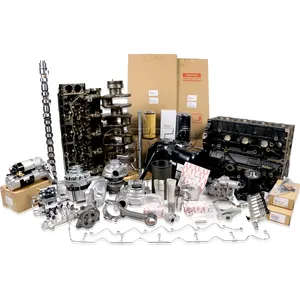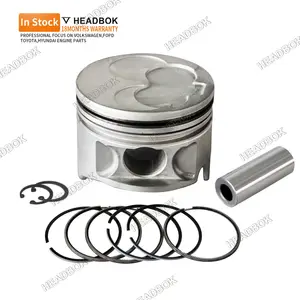Semua kategori
Kategori terpilih
Perlindungan pesanan
Pusat Pembeli
Mulai
Layanan perdagangan
Pusat Bantuan
Unduh aplikasinya
Dapatkan aplikasi Alibaba.com
Temukan produk, komunikasikan dengan supplier, dan kelola pesanan Anda kapan saja melalui Alibaba.com
Pelajari selengkapnya








































































































































































































































 浙公网安备 33010002000092号
浙公网安备 33010002000092号 浙B2-20120091-4
浙B2-20120091-4